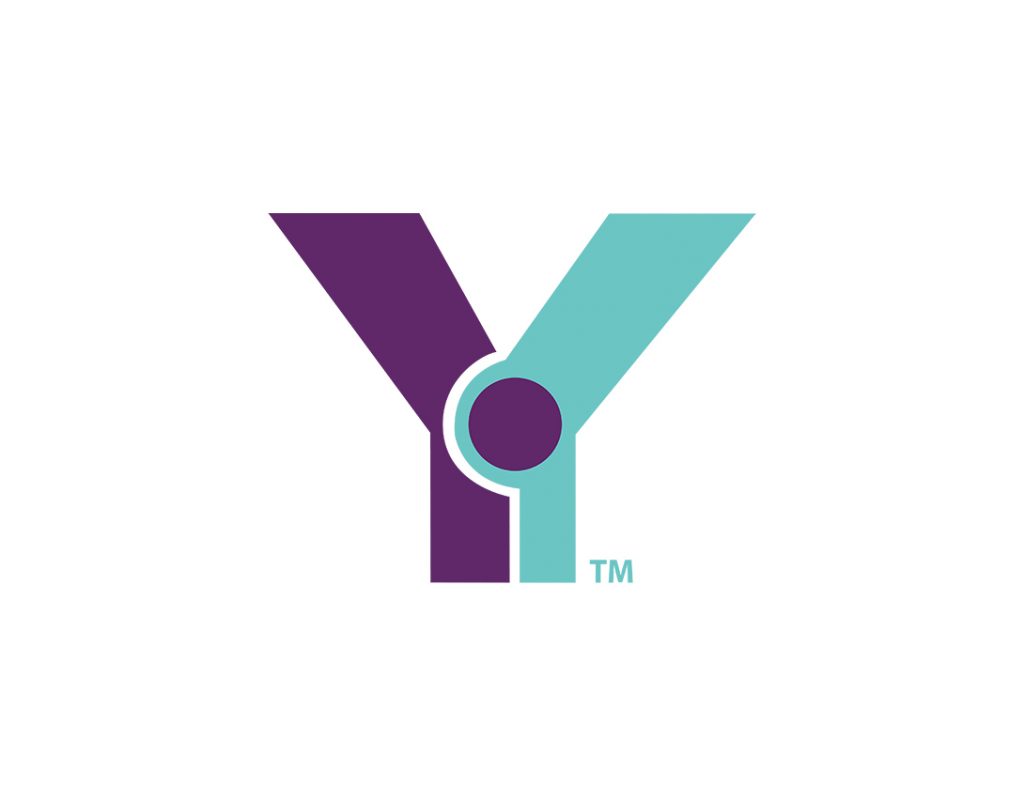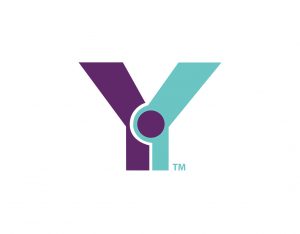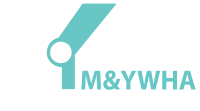When Y parents met with the Y, their request was simple: teach our children Hebrew and make the program as fun as your after-school.
Wanting to live up to its reputation, the Y began the process of searching for both a method and instructor who could accomplish both those goals. That’s when the search landed on Jerusalem-born Hebrew instructor, Tamar Matza.
When you meet Tamar Matza and hear her full-name, your first impression is to think her last name is the bread Jews eat during Passover. After all, matza is one of those words you see on cracker boxers that appear just for two weeks in a year. But being the sort of instructor who takes every opportunity to teach, Tamar tells you her last name means “search” because although it sounds like the bread, in Hebrew her last name is spelled differently. Adding to that, Tamar’s first name means “date,” the fruit that flourishes in Israel and treasured for its sweetness. In essence, Tamar Matza is almost a complete sentence: to find dates.
Much like her name, Tamar Matza’s approach is different from the typical language program you might have experienced in high school. Rather than spend hours memorizing vocabulary and drilling conjugation tables, Tamar has children learn Hebrew through exploring and dancing, playing to the strengths of where children are.
Language experts find the most effective way to learn a second language is to put yourself into situations where the language surrounds you. This is why the Y’s Hebrew immersion program creates opportunities for children to gain language skills through social groups and conversations. Tamar continues her interactive language-learning environment through songs, dance, and play.
If you entered the classroom while Tamar is teaching, you would not think you are seeing a language program. With all the physical activity and excitement, you’d think dancing was being taught. You would see children and Tamar laughing as they jump from foot to foot saying different conjugational forms of the Hebrew world for play, Mis’chak. Later the class switches to the word jump, kafats. Then each child takes turns saying the different forms of kafats as the group jumps to the answers.
One criticism about language programs is that the programs tend to focus on the auditory and listening skills, focusing less on the visuals, movement, and other learning skills. By surrounding her students in the Hebrew language, Tamar does more than teach Hebrew. She teaches how to live Hebrew and apply it immediately. Words are learned by experiences, opening up new associations and creating new memories. All the senses are engaged during play giving any type of learner an advantage.
Tamar’s teaching style is not the only unique feature about the program. Recently, the Jewish Week noted the Hebrew Immersion Program for its flexibility it offers parents. On top of allowing their son or daughter to learn a language during the week, they can also pursue other after-school activities.
Parents with children in the program tell us that their children have so much fun teaching the them songs using Hebrew words. Some children even invent their own songs and teach them to Tamar. Learning language it seems opens up children to their adventurous selves and develops new confidences as children gain a sense of accomplishment from what they just learned. Before those Hebrew words seemed foreign and impossible to pronounce. Now, they’re second-nature.
Childhood is the beginning of exploration, so open up your child’s curiosity by enrolling him or her in out of our enrichment programs today.
For the Enrichment Hebrew Immersion program please contact Katy Baker at kbaker@ywashhts.org and by phone (212)569-6200, ext.217.
For the After School Hebrew Immersion program please contact Laura Sataloff at lsataloff@ywashhts.org and by phone 212-569-6200, ext.220
By David Huggins



